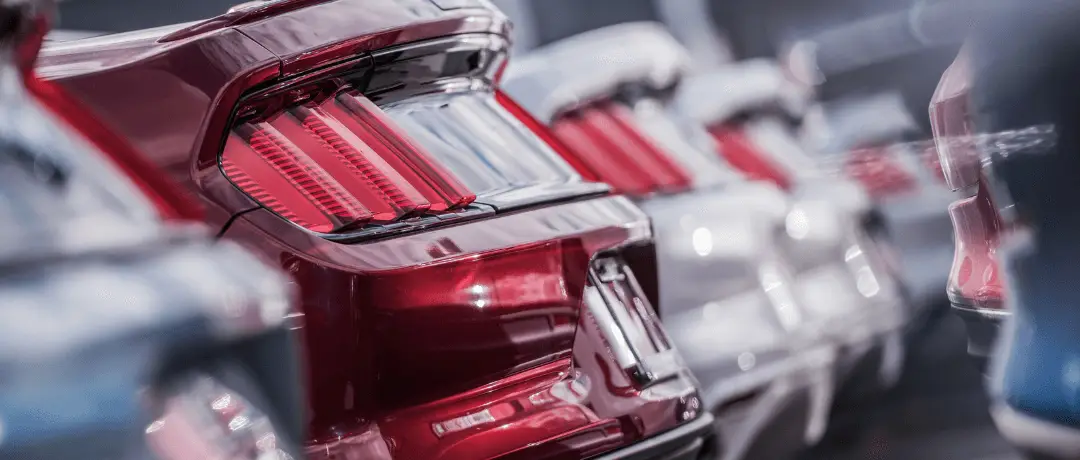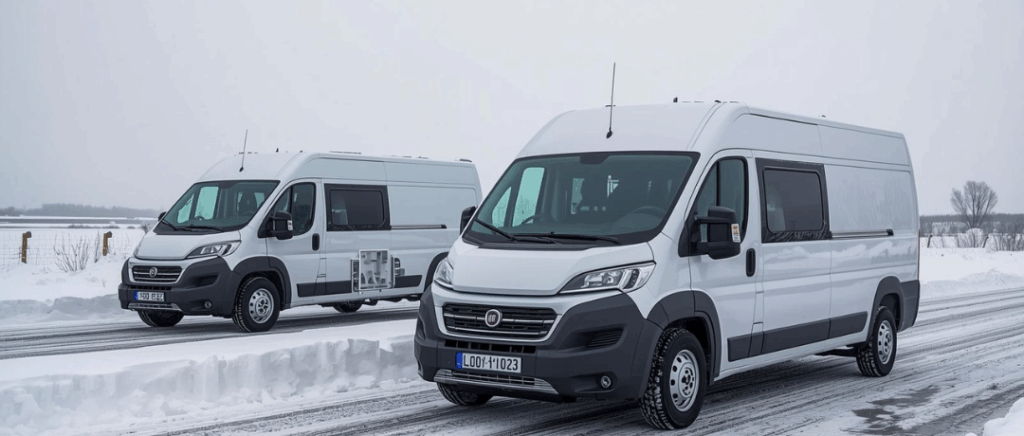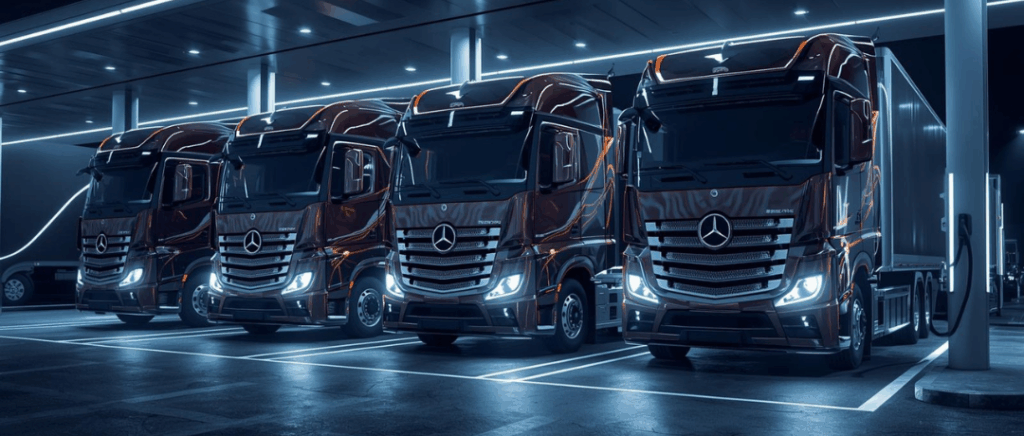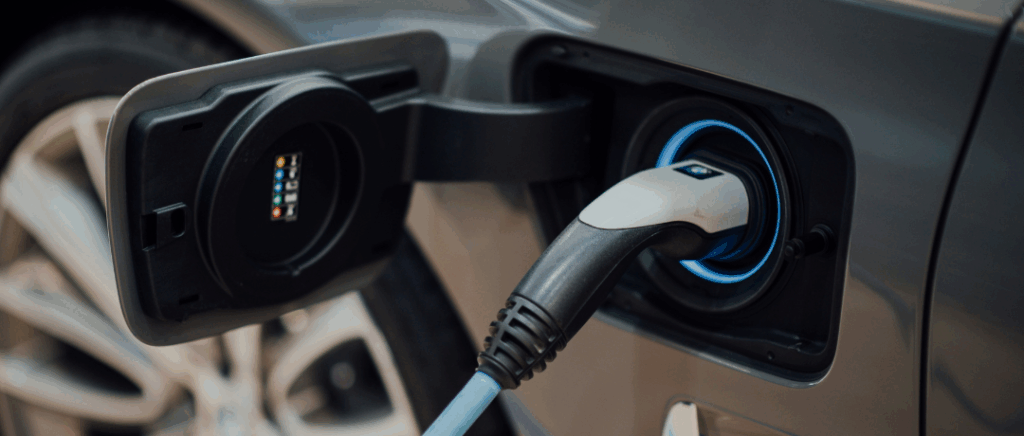Monday to Friday
9am - 12.30pm - 2pm - 7pm
TCO electric car vs internal combustion engine
The total cost of ownership, in English, "total cost of ownership"(TCO) of a electric car results in lower costs than for combustion models.
So, with an electric vehicle, fuel costs and the many expenses associated with maintenance have to be subtracted in the case of an electrified model.
In fact, it is estimated that the annual cost of maintaining an electric car will be on average 35 % lower for a 100 % electric vehicle modelcompared with an equivalent thermal model.
Nevertheless, despite a new rise in electricity prices announced for 2023the budget for the recharge The cost of an electric car is still significantly lower than the cost of a full tank of petrol for a combustion-powered model.
Read also : How much will an electric car cost in 2023?
Choosing electric vehicles according to your company's needs
To keep the costs of using your electric vehicle under control, it's essential to choose an electric car model that's suited to your business activity.
If your business requires you to make regular journeys, it would be wiser to opt for an electric vehicle that is sufficiently autonomous to cover the distances you cover on a daily basis.
For example, the purchase of a vehicle with a autonomy sufficient and a template to suit your needs will enable you to reduce the operating costs associated with a recharge too frequent.
On the other hand, if your company electric vehicle is only used for journeys within a limited area, particularly in urban areas, then a long-range electric vehicle such as a Electric SUV will not be necessary.
In this case, it will be wiser for you to turn to a electric city car that's better suited to your business needs, more economical to buy and, what's more, more affordable, less energy-consuming.
As electric city cars are equipped with a battery smaller in size and with a relatively limited engine capacity have the advantage of representing a energy consumption compared with an electric SUV.
By way of example, an electric SUV model such as a Kia EV6 consumed around 22 kWh/100 kmfor an electric motor with a power of 125 kW (170 bhp).
In comparison, a small electric city car, like the Renault Twingo E-Techconsumes only 15 kWh/100 kmon average, for an electric motor of 60 kW (81 bhp).
So it's vital to make the right choice of models for your business electric vehicle, in order to reduce your energy consumption costs and optimise your vehicle's running costs.
Read also : 8 tips to reduce the energy consumption of your electric car
It's also worth remembering that the recharge speed is at least as important as range for an electric car.
So an electric vehicle, however autonomous it may be, needs to be able to charge quickly and be compatible with fast-charging stations available to the public.
An efficient recharging speed means that, as a motorist, you'll benefit from a more efficient charging speed. significant time savingThis is particularly true if you use your vehicle for professional purposes.
Read also : Top 10 fastest-charging electric cars
Make your energy transition now, with a range of new 100 % electric vehicles available for leasing from Beev!
Plan your business trips
Another point to bear in mind is the need to plan the business trips you plan to make with your electric car.
Let's take the example of a craftsman who transports his materials to his customers' homes, using his electric van.
The aim is to optimise the time and money spent on journeys. Planning your itinerary in advance also has other benefits, such as minimising energy consumption and the need to recharge your electric van.
What's more, if you make deliveries by electric van as a company, planning your delivery routes will help you to be more efficient in your rounds, both in terms of time management and energy consumption by the vehicle.
Read morei : Electric van delivery: benefits and which van to choose?
To make it easier for you to plan your journeys by electric vehicle for business purposes, there are a number of ways to do so. applications for electric cars are now available for ensure optimum, intelligent planning of your journeys.
Read also : The best electric car applications to download in 2023
Adapting the way you drive your electric car
Another option for reducing the running costs of your electric car is toadapt your driving style to ensure that it consumes as little energy as possible.
Adopting a smoother rideFor example, you'll reduce your energy consumption and the wear and tear on your brake pads and tyres, resulting in less wear and tear on your brakes and tyres. reducing expenditure potential costs associated with the repair or replacement of these parts.
What's more, as a company, it's vital to ensure that raising awareness and training your staff and in particular delivery staff, to make the best possible use of their company's electric vehicles and vans.
In fact, as a company, eco-driving training to teach good practice to employees may be necessary, particularly to guide those who are making their first transition to an electric vehicle.
It will be interesting to raise your employees' awareness of the speed reduction when driving, but also on thereduced and optimised use of equipment of the electric car. For example, it's important to use the vehicle's air conditioning and heating sparingly, as these are particularly energy-intensive.
Read also : How can you raise employee awareness of eco-driving?
Adopting these different practices will make it possible toincrease the vehicle's rangewhich results in more frequent refillsand therefore, in lower running costs for your day-to-day business travel.
Another point is to train your staff in the use of charging stations to optimise the recharging of their company electric vehicle at the charging points provided by the company.
What's more, as a company, you can also set up a maintenance programme for electric vehicles.
This will enable you to avoid unnecessary repair costs and guarantee a long service life. optimised use and a continuous availability of your vehicle fleetand in particular your electric vans for deliveries.
Read also : Benefits in kind and company electric vehicle
Optimising the cost of recharging
If you're looking to minimise the cost of your business electric car, you'll also need to optimise the cost of recharging of your vehicle.
That's why it's important to have access to a recharging solution that allows you to pay your own electricity bills. You have two options:
- home recharging at a private recharging point
- in-company recharging, on your business site
Firstly, as a company, you can choose to installing recharging points on company premises and allow your employees to recharge their company electric car directly at their place of work.
Setting up recharging stations for electric vehicles and vans within your company is a good way of getting round the cost of a public recharging station. What's more, your employees will benefit from a more economical recharging solution, lowering the cost of owning your company electric vehicles.
What's more, if your company has charging points, and particularly if they are fast-charging points delivering a minimum of 43 kWh direct current (DC), you will be able to benefit from fast charging for all your company electric vehicles, which is particularly useful for your delivery vehicles if you need to avoid delays.
Read also : 5 reasons to install charging points on your premises
If you're not planning to install recharging points in your company car park, you can also opt for theinstallation of recharging stations directly at your employees' premises.
The advantage of having a home recharging point is that it makes it easier to control electricity consumption costs.
In addition, as an employee or craftsman with a home charging station, you can choose to charge your business vehicle only during off-peak hours, to take advantage of lower electricity rates. This will enable you to optimise your charging and, more generally, save on the cost of owning your electric vehicle.
Read also : Electric vehicle fleet: the complete guide
In conclusion
You now have all the keys you need to optimise the running costs of your electric car.
To sum up, to reduce the running costs of an electric vehicle, it's important to choose a model that's compatible with your uses and your business activity.
What's more, thinking about planning and adapting your electric driving will enable you to optimise your vehicle's range and reduce your energy consumption, and therefore the costs associated with your business trips.
Finally, whether you are installing recharging points in your company or at your employees' homes, choosing the most appropriate recharging solution is something you need to take into account in order to optimise costs.
Now you know how to get the most out of your electric car without spending more.
For more information, we've put together a guide to this topic to explore the different aspects in depth:
Read our article about :
Are you planning to renew your company fleet? Do not hesitate to consult our best electric vehicle offers, currently available for leasing.

































